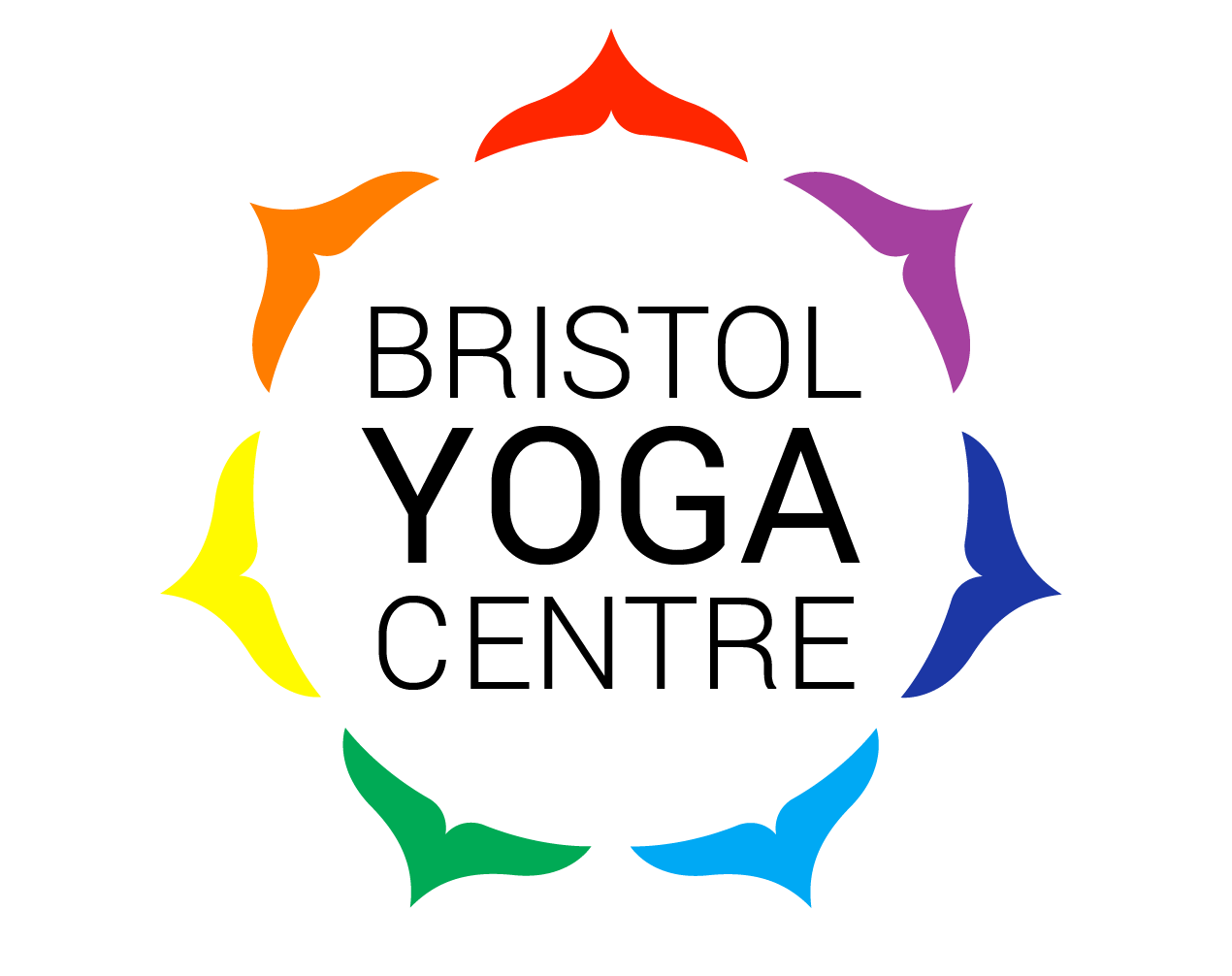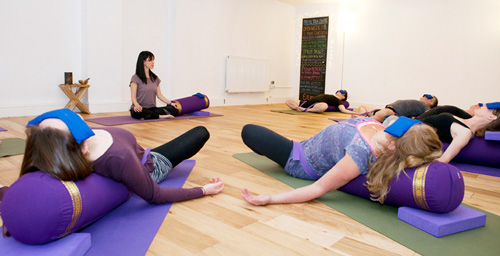If you can breathe, you can do yoga
– Sri Tirumalai Krishnamacharya
Bristol Yoga Centre believes classes should be accessible to everyone so we have decided to introduce donation based community classes. There are currently three weekly community yoga and meditation classes available:
Wednesday 10:00 -11:00am - Mindfulness Meditation with Naomi
Thursday 7:45 – 8:45pm – Hatha Yoga with Amber
Saturdays 11:30 - 12:45pm - Krama Vinyasa Flow Yoga with Vicky
Students can pay whatever they can afford and no one will be turned away due to lack of funds. Absolutely everyone’s welcome but we especially invite people on low or no-income, benefits, refugees and asylum seekers. The classes are suitable for all levels of students and taught by fully qualified and experienced yoga teachers, who are passionate about making classes accessible to everyone.
Tash Neeley, who teaches Yin & Yang Yoga class on Wednesday evening, told us why she wanted to be involved.
‘Even though yoga at its roots means to unite, many yoga classes can feel somewhat exclusive. I wanted to get involved in Bristol Yoga Centre's community classes to bring yoga to Bristol's wider community, with the freedom to pay what they felt they could afford. I believe the benefits of yoga and meditation should be available to all people, no matter their experience, background, or lifestyle.
What I love about the community classes is that they are in a well equipped yoga studio with friendly and experienced yoga teachers, creating a warm and nurturing atmosphere for all bodies and minds’.
One of the regular students from Naomi’s Mindfulness Meditation class said,
‘I find that meditation is really useful way to centre myself, which helps me maintain a more relaxed and positive outlook. I find this is very useful when dealing with emotionally challenging situations. The fact that these classes don’t have a pay barrier means that everyone gets the chance to benefit from this incredible practice’.
The profit from the Mindfulness Meditation class goes to Bristol Mind, a mental health charity based in Bristol. Bristol Mind was originally founded in 1965 and aims to promote a positive view of mental health and encourage emotional wellbeing.
Please feel free to share this post and let especially those that might really benefit know about the community yoga and meditation classes at the Bristol Yoga Centre. For more information about the classes, please contact the teachers directly.


